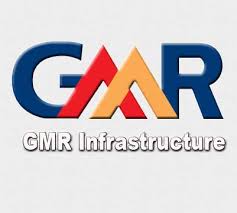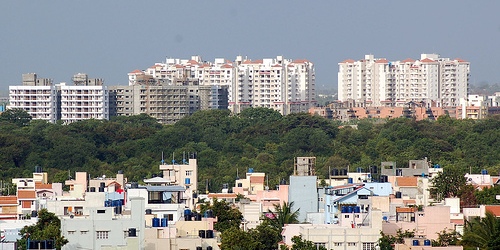 The Haryana Government has told the National Green Tribunal (NGT) that 545 defilements have been witnessed in the Aravali region in the state. The violations include chopping trees, construction of concrete roads, boring tube wells, and digging swimming polls. A major violation reported is construction activites in the forest area without taking the clearance by from the statutory officials.
The Haryana Government has told the National Green Tribunal (NGT) that 545 defilements have been witnessed in the Aravali region in the state. The violations include chopping trees, construction of concrete roads, boring tube wells, and digging swimming polls. A major violation reported is construction activites in the forest area without taking the clearance by from the statutory officials.
The State Pollution Control Board in its documents also urged many offences occurring in the region. Growing concerns over the large scale violation of green guidelines, repeat offences and the out of control situation prevails the NGT to ask the State Govt to submit its plan of action to deal with the adverse situation.
The tribunal has asked the state govt to file the reply within 15 days and after that the case will be taken up.
According to the papers, the most common damage to the ecology is clearing off trees for non-forestry activities, which is strictly banned. The other one is laying permanent roads which are the biggest bane for the forest division.
Construction of tube wells and adding more number to the submersible pumps is a serious concern, since the region is the natural water source of Gurgaon and Faridabad. Huge depletion of ground water due to over using will have a major affect on the surrounding.
The green activists have already red flagged the Haryana government’s plan to allow setting up of a mega tourism complex in Mangar as a part of development plan for the entire region.





















